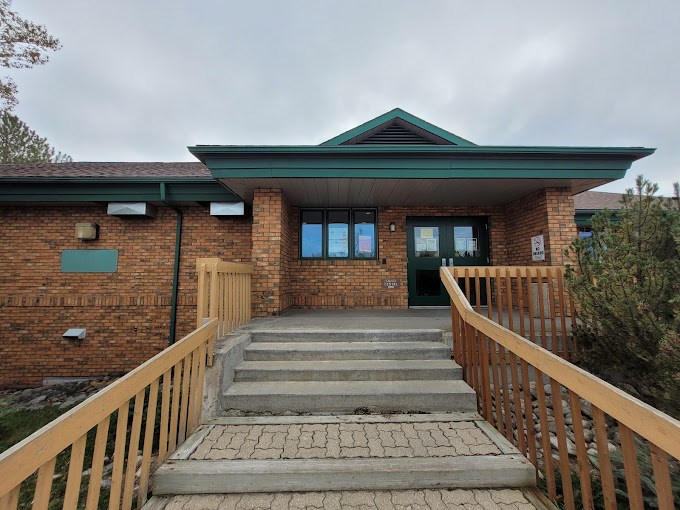SIOUX LOOKOUT – Through the Sioux Lookout First Nations Health Authority, participants in the Roots of Reconciliation four-day workshop will leave with the tools to begin conversing with friends, family, and community about reconciliation, according to event coordinator Lyn-Marie Manitowabi.
The workshop will be led by a Winnipeg-based, Indigenous-led non-profit organization, Returning to Spirit. The organization, whose board is made up equally of both Indigenous and non-Indigenous members, has been delivering reconciliation workshops since 2001.
Manitowabi reflected on her experiences with Returning to Spirit when she was looking for some training that would benefit communities who were dealing with intergenerational trauma.
“I came across Returning to Spirit because I did a simple Google search and I typed in reconciliation and read about the program. I was curious,” said Manitowabi.
“So, I went down to Winnipeg and experienced the Indigenous workshop myself one summer over two weekends - for my own experience as well as to sort of evaluate how it would go for people. Since then, I have been coordinating the Indigenous workshop to be brought to Sioux Lookout.”
She said at first she thought the workshop would be more of a step-by-step process that would help her address her specific trauma.
However, “it ended up being something deeper than that,” Manitowabi said.
“Something that helped shift my perceptions and my thinking, like all my thoughts, my feelings and behaviours towards others as well as myself.”
Manitowabi said she grew up on Manitoulin Island where she went to a Catholic school. Her knowledge of the residential school system came from her parents, who are both survivors.
“I went to a Christian-based school. I became aware of how the indoctrination happened and I was able to come to peace with my past and carry it forward. Hopefully people will experience something similar with Returning to Spirit coming to Sioux Lookout,” said Manitowabi.
The workshop helped to reconcile those feelings through acknowledgement exercises that root out how held trauma keeps them stuck in a disempowering story.
"We've come to understand that we have a common language when we talk about speaking our truth and saying what we gotta say. It has really shifted the dynamic. The Returning to Spirit process has given me tools to practice good communication skills, good listening skills, and conflict resolution skills. They have helped me see life in a whole different way," Manitowabi said.
Although some might look at Roots of Reconciliation as being geared toward an Indigenous audience, Manitowabi said the workshops are designed to be completely inclusive to all people across Turtle Island.
From Feb. 6 to Feb. 9, the same four-day workshop will be held for non-Indigenous people in Sioux Lookout.
Once the workshop is completed, those in attendance in both workshops move on to the next workshop at the end of February called Advancing Reconciliation.
“We're going to bring the two groups together and have an experience of reconciliation," Manitowabi said.
"I'm just really excited about it. It's helpful because the reconciliation comes from me and owning that responsibility and the commitment to bringing reconciliation to all Canadians.
“Advancing reconciliation is an opportunity for Indigenous people to talk with non-Indigenous people - to be able to speak from their heart and to be heard," she said.
"I've seen huge shifts in people's overall wellness about their past. Understanding how the story they carry about their past can make them aware that it can play out in their present and in their future if they don't have the presence of mind and of heart.”
For more information visit the Returning to Spirit website.
